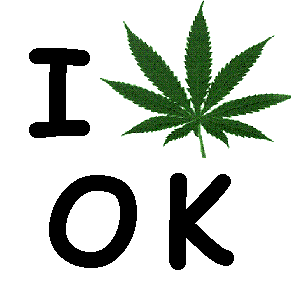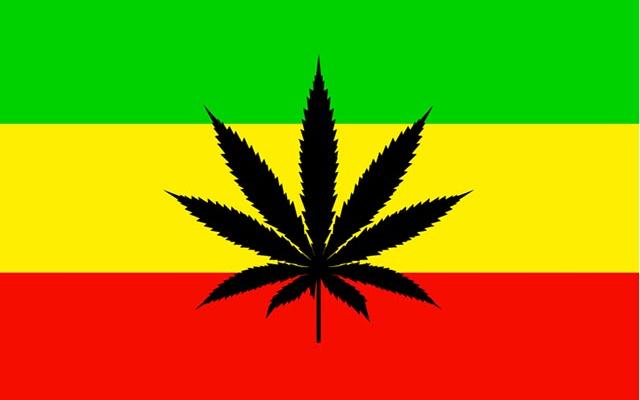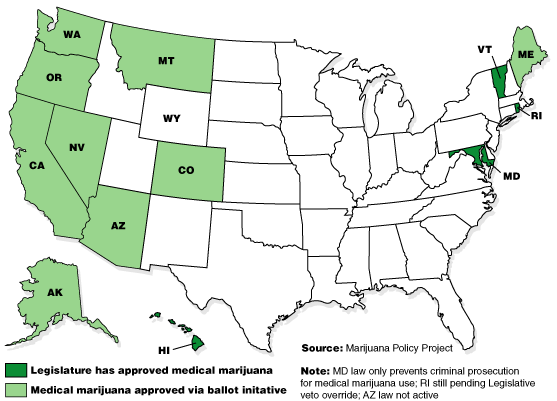OK OKLAHOMA! INITIATIVE UNDERWAY
(AP) – Oklahoma pro-marijuana advocates are pushing for a second signature drive to get the issue a statewide vote, this time for full legalization of cannabis, similar to Colorado and Washington.
Supporters of marijuana legalization filed an initiative petition on Friday with the Oklahoma secretary of state’s office. They will have three months to gather more than 155,000 signatures from registered voters to get the proposal on a statewide ballot.
It is the second marijuana-related initiative petition underway in Oklahoma. Supporters of medicinal marijuana already have launched a petition drive that would legalize the drug only for medical purposes.
Several politicians from both sides of the political aisle have announced their support for pro-marijuana initiatives, including both of the Republicans running against Gov. Mary Fallin in the June 24 GOP primary election.




